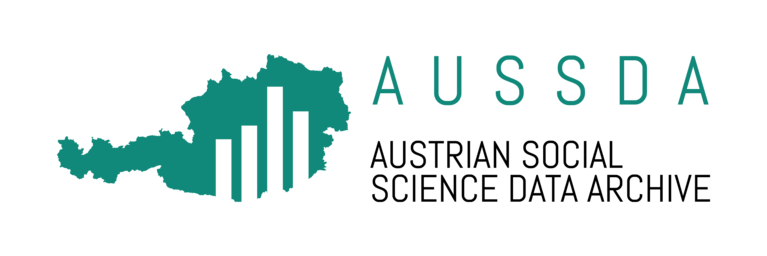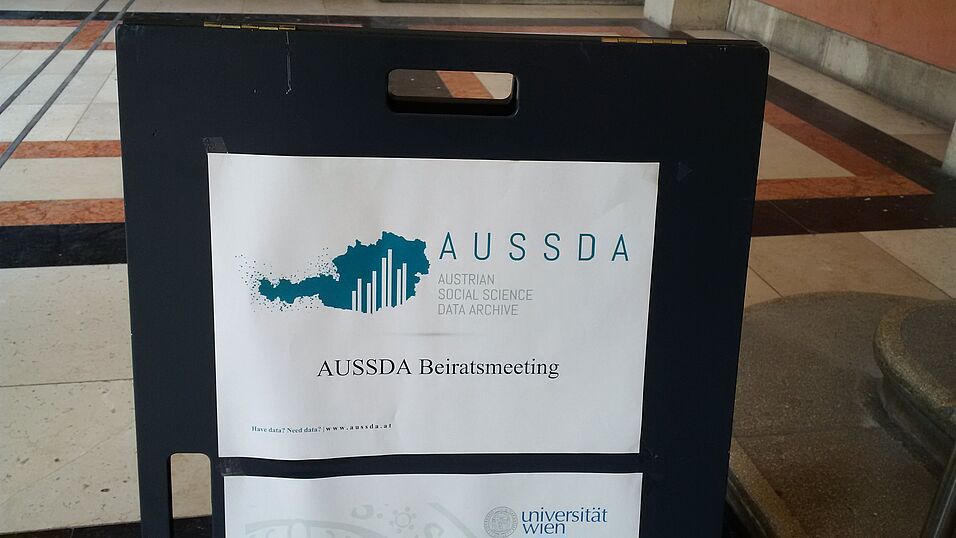At the first meeting of the national advisory board last week, the AUSSDA team was able to welcome experts from all over Austria. Almost 30 advisory board members from various institutions and disciplines as well as members of the AUSSDA working group attended this meeting at the University of Vienna to discuss the aims and objectives of AUSSDA as well as the possibilities and benefits of social science data archiving in Austria for science and society.
In addition to the largest Austrian universities, non-university research institutions as well as funding institutions and the Ministry of Science are also represented in the national advisory board. The task of the advisory board is the support of AUSSDA with the expertise of its members. The board members provide recommendations for future strategies, inform their institutions about activities, and support AUSSDA in the data acquisition by passing on information about the archive.
After the greetings from the head of the Library and Archives Department of the University of Vienna, Maria Seissl, as well as from the head of AUSSDA, Lars Kaczmirek, Matthias Reiter-Pázmándy also addressed the board members on behalf of the Ministry of Science, which is responsible for funding AUSSDA, and he gave a brief overview about European research infrastructures.
Starting with the presentation of the objectives of AUSSDA and a round of introductions, in which the members of the advisory board also spoke about their current key activities, Lars Kaczmirek led through the further program of this afternoon.
As an entry into a lively discussion, Lars Kaczmirek drew the vision of a future Austrian research landscape, in which not only publications but also research data are freely accessible. According to the FAIR-principles, the aim is to make research data findable, accessible, interoperable, and reusable. AUSSDA is a supporting partner for researchers and offers services at every stage of the research process.
The participants showed keen interest in the modern way of dealing with research data, had many questions, pointed out possible challenges, and introduced numerous ideas and suggestions, such as the involvement of libraries and research service providers in the data acquisition.

